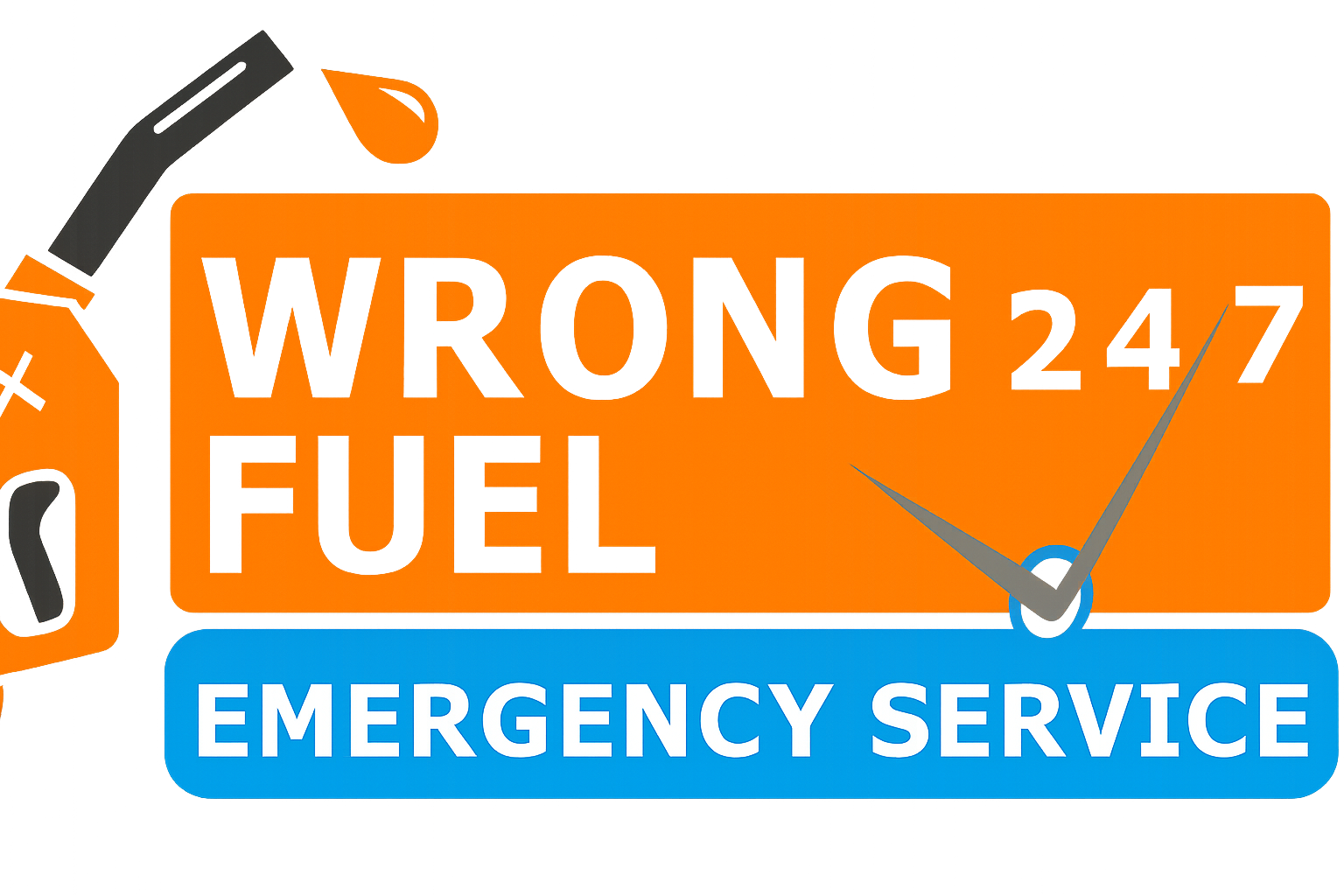
Put Petrol in Your Diesel Car? We’ll Fix It – Fast & Safely
Filling up with petrol instead of diesel is one of the most common misfuelling mistakes in the UK – especially with modern diesel cars. If it’s happened to you, don’t panic. Our mobile fuel drain specialists are available 24/7 across London to get you back on the road quickly and safely.
What Happens When You Put Petrol in a Diesel Car?
Petrol acts as a solvent in diesel engines and can cause serious internal damage if not dealt with quickly.
Potential damage includes:
Worn or damaged fuel pump
Faulty fuel injectors
Reduced lubrication in the fuel system
Engine knocking or failure
Costly repair bills if driven for too long
Important: Petrol in a diesel car is more harmful than diesel in a petrol car. So it’s vital to act fast.
What to Do Immediately.
- Do NOT start the engine.
- IIf you’ve already started or driven, stop the vehicle as soon as it’s safe.
- Call us right away – our mobile technician will come to you, usually within 30–60 minutes.
Our Petrol-in-Diesel Fuel Drain Process
On-Site Assessment & Safety Check
We arrive at your location quickly and assess your vehicle and safety.
Fuel Drain
Using specialist equipment, we safely remove all contaminated fuel from your tank.
System Flush
We clean the fuel lines, pump, and injectors to remove all traces of petrol.
Correct Diesel Refill
We top up your tank with the correct diesel fuel (optional).
Restart & Engine Check
We restart your vehicle and ensure it’s running correctly before you drive off.
Why Choose Us?
✅ 24/7 Emergency Response
✅ Mobile Technicians – We Come to You
✅ Years of Experience
✅ Fully Insured & Certified
✅ Fast, Friendly & Professional
We’re Here to Help – 24/7
Whether you’re at the petrol station, roadside, or parked at home, our wrong fuel technicians will come to your location – day or night.

